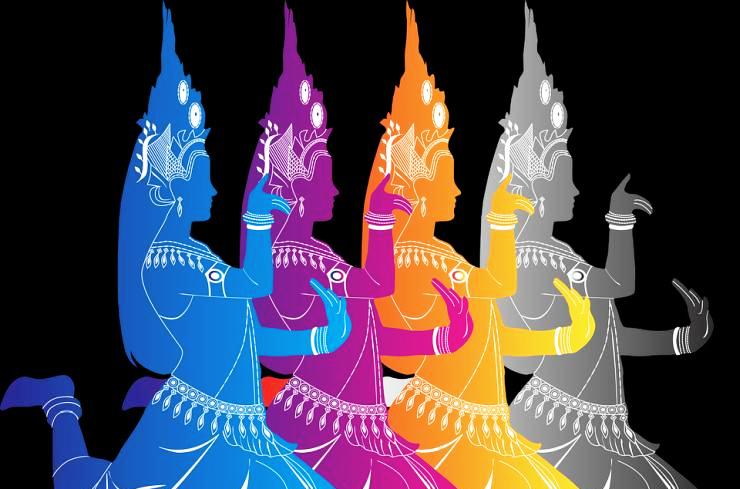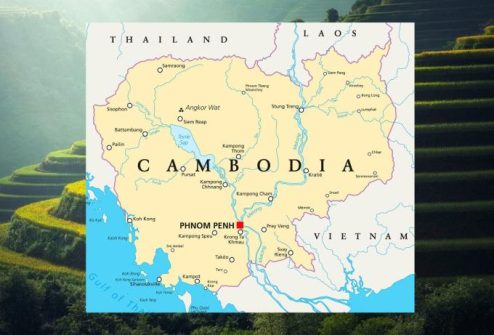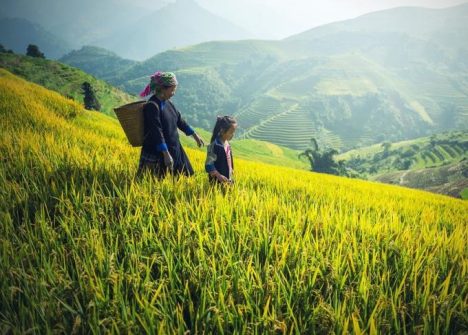Cambodia. The will to live.

Still traumatised by the bloody Khmer Rouge regime, Cambodia is struggling to recover its economic strength, which is leading to a real social “cultural revolution” for the seventeen million inhabitants
of the Land of Smiles.
Cambodia is one of the oldest empires in the world. Throughout its history, it has been marked externally by wars with neighbouring empires and internally by clan struggles for power. However, the country has retained its national identity to this day. The succession of monarchs of the Khmer Empire was not strictly hereditary but governed by palace revolutions, hatched by members of clans more or less close to power.

Cambodia political map.123rf
The history of kingship is similar to that exercised in other kingdoms of the world. The sovereign by divine right must protect his subjects, like the father of a family. Belonging to the social group takes precedence over the individual. The use of appellatives in social relationships illustrates the predominance of the group over the individual, it shows the position of each person within the group and the respect that the younger one owes to the older person he meets. The use of personal pronouns marks a recent evolution in society and language. Appellations and qualifiers or honorifics mark the rank in society and social class of the person you are speaking to. Throughout its history, Cambodia has remained a rural country. Its economy was based on agriculture, and up until the late 1990’s there was a limited number of cities.

Families are attached to their land and cultivate it from generation to generation. Pixabay.
Families are attached to their land and cultivate it from generation to generation, it is a simple and dignified line of work. The social body gives meaning and regulates the lives of family members. Each family is led by one of its members, whom everyone must respect. Each person contributes to the life of the family according to their age and working capacity. Children have no responsibilities; they learn by watching the elderly work, education in schools is not considered a priority. From puberty, they begin to do their share of work but are declared “unmarried”, which is the the word used in the Khmer language equivalent to “celibate” or “not yet married” and are still under the yoke of the family. From the day after their wedding, they will take a full part by right in family life: their mission will be to have children and participate in agricultural work. Respect and exemplary behaviour are the pillars of family life and those who do not respect these values disgrace themselves. Apsara dance. (Illustration: Pixabay)
(F-X. D.)



